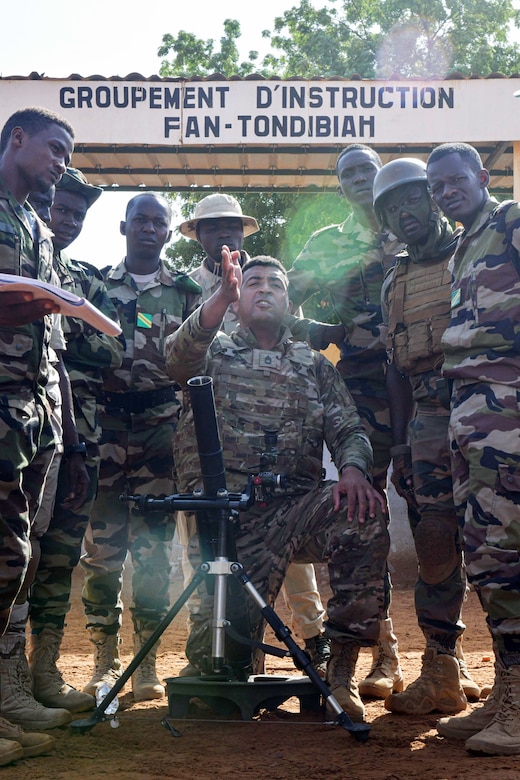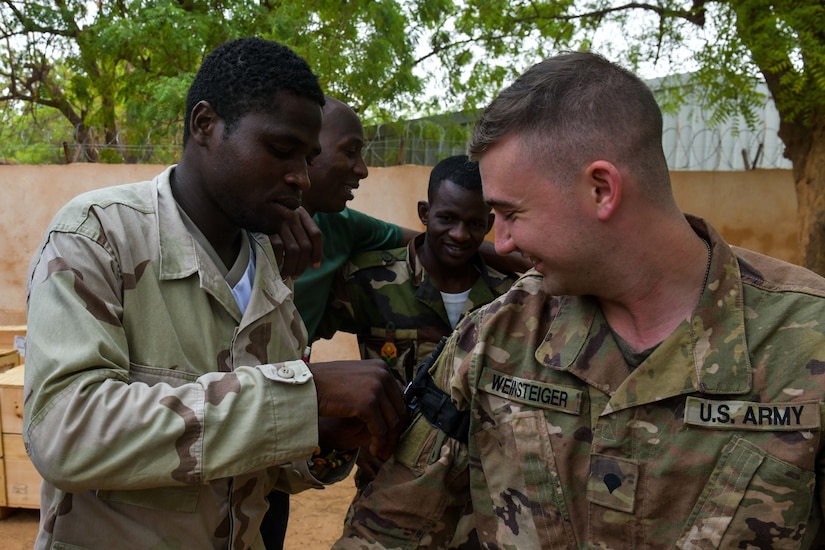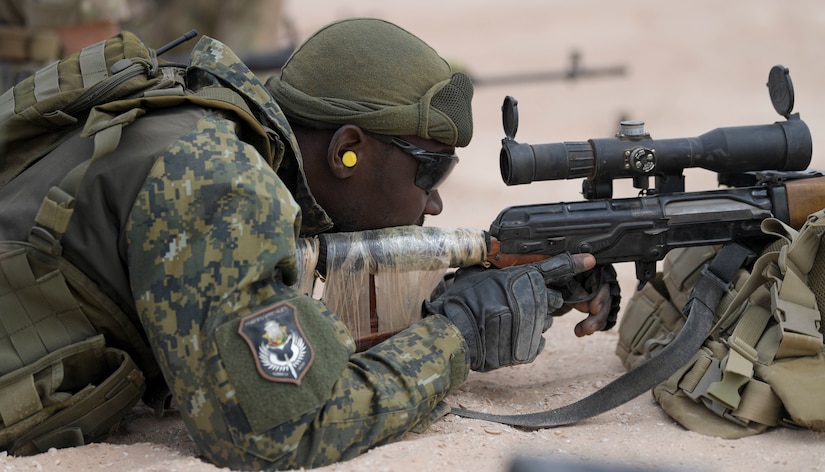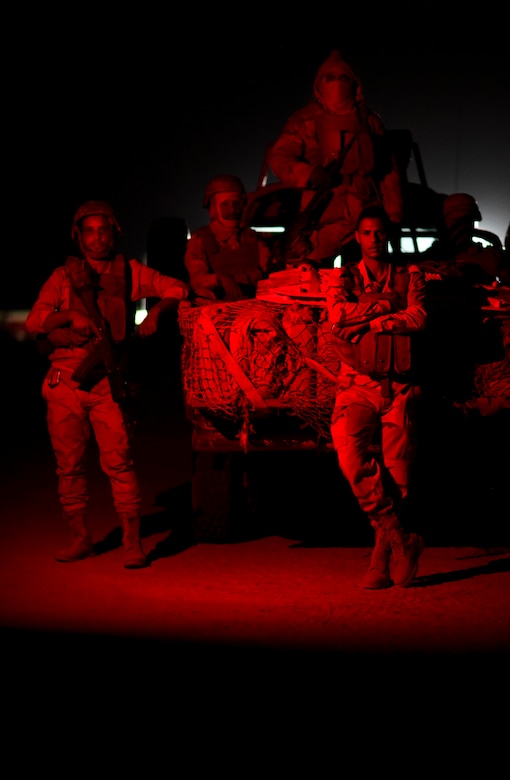July 1, 2021 | , DOD News
China, Russia and the United States are all on the African continent, each with their own interests. But while the commander of U.S. Africa Command said the U.S. would not ask African nations to choose between the U.S. and other countries as a partner, he did say they should pay close attention to what partnering will actually mean.

"Both China and Russia are ... competing fiercely in Africa," said Army Gen. Stephen J. Townsend during an online discussion Tuesday with the Center for Strategic and International Studies. "I think the Russian's competition there is very self-interested and exploitative. I don't believe either one of these actors are really there to help Africa in the long run. But in Russia's case, I think they're there to exploit the continent for their own gain."
Some Russian-based mercenary groups operating in Africa, for instance, are suspected of committing atrocities in the Central African Republic, Townsend said.
"We have pointed out the actions of [The Wagner Group] in Libya just a few months ago," Townsend said. "I don't think these actors are helping Africans, that's what I believe."
China has done much investment in Africa on infrastructure. Townsend said while the U.S. is not going to compete with Chinese investment in infrastructure, it does have its own benefits to offer.

What the U.S. does offer, he said, is always tied with democratic values and transparency — just like what is offered by the European Union.
"That's what we bring," he said. "We play with our cards facing out, as the saying goes. And we offer our skills. And I think that's an attractive proposition for most of our African partners."
Townsend said that while the U.S. doesn't ask African nations to choose between it and China, for instance, he does offer caution about what's being offered and what the terms are.
"I think that these countries ought to just go into these relationships with their eyes wide open," he said. "I don't think Russia is out for the best interests of Africa and probably in the long term, neither is China. But China is bringing a lot of investment to the continent and I would just urge our African partners: try to take advantage of that without getting taken advantage of."
Combined African Exercises
Last year's exercise Flintlock 2020 was held across multiple locations in Mauritania and Senegal, and involved more than 1,600 service members from 30 African and Western nations. It's an example of successful partnerships in Africa, Townsend said.

"Flintlock 2020 was a fantastic exercise," he said. "Our view of these exercises is it's ... one of the best ways to bring allies and partners together to work on common security objectives and to share knowledge and best practices."
The Flintlock exercise is a Special Operations Command Africa led all-domain exercise meant to strengthen the ability of partner nations to counter violent extremist organizations, protect borders and provide security to civilians.
"I think these things are important because they allow us to share best practices and improve our interoperability," Townsend said. "If we are going to operate together on the battlefield, we have to exercise so we know how ... each of our armies work."

He said exercises like Flintlock allow partners to better understand each other's equipment, procedures and communications.
"I think the exercises are very important and we seek, in U.S. Africom, to continue our exercises not only in West Africa but across the continent on ... air, land and sea," Townsend said.
Africom conducts six annual multinational exercises including Flintlock; Africa Lion and Justified Accord, both led by U.S. Army Southern European Task Force Africa; and the Express Series consisting of Phoenix Express, Cutlass Express and Obangame Express, all led by U.S. Naval Forces Africa Command.
For more information visit the Prosper Africa website.








No comments:
Post a Comment